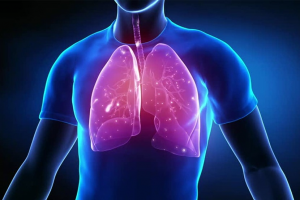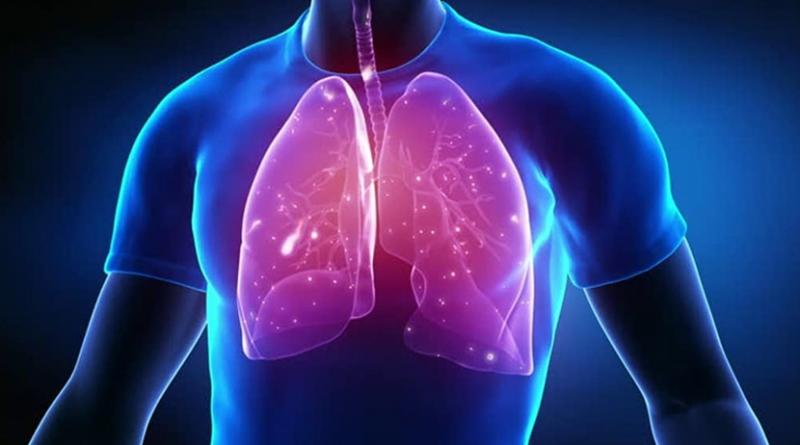What exactly is Sari’s disease?
What exactly is Sari’s disease? Symptoms and treatment

Cough with shortness of breath, fever appears. Some patients may experience confusion and even become unconscious. Symptoms may vary in duration and severity.
Dr. Nimish Shah :
The lungs are an important and sensitive organ in the body. This is because it provides oxygen to the body and releases carbon dioxide from the body. It is a highly sensitive as well as open organ as it connects directly to the external environment. This is why a person can easily get an infection. Respiratory tract infections, such as upper respiratory tract infections, lower respiratory tract infections, or pneumonia.
SARI is a very serious infection involving the lungs, which interferes with the ability of the lungs to supply oxygen to the body. There are many reasons for this. It can be viral, bacterial, fungal or other less common organism. In this the patient usually sees cough, fever with shortness of breath. Some patients may experience confusion and even become unconscious. Symptoms may vary in duration and severity.
If left untreated, it can be fatal. A number of tests are performed to check for SARI. Treatment is always trying to find the root cause and treat the cause behind it. Seniors with diabetes, hypertension, heart disease, liver or kidney dysfunction, or other lung diseases such as asthma / COPD or active TB are at higher risk.
The mainstay of treatment is oxygenation. It is given by simple oxygen using a plastic tube or CPAP / BIPAP, or a patient with a very severe form may need to be placed on a ventilator in the ICU. Other tests are also done because it depends on what has happened, whether to identify and use antibiotics or antiviral or antifungal.
SARI can sometimes be caused by any other infection in the body and, as a result, it spreads to the lungs. When fluid accumulates in the lungs due to infection in the body and then the second result is infection in the lungs. Due to the complexity of the disease, most SRI patients need to be managed in the ICU and have to stay in the hospital for a long time.



